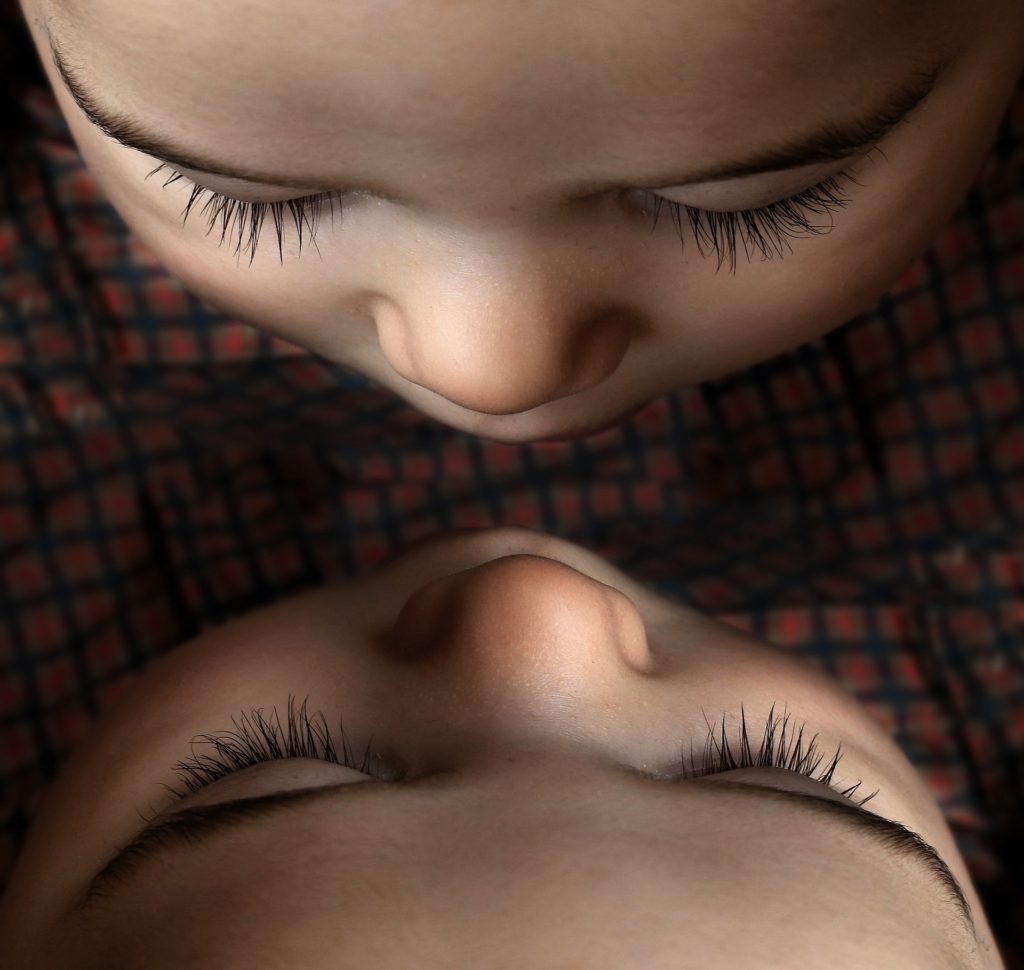In November 2018, a scientist from China named He Jankui appeared to have ushered in a new era in humanity — and re-ignited an already heated international conversation about the ethics of editing genes to make “designer babies” — by announcing that he had successfully used gene-editing tool CRISPR-Cas9 to modify the DNA of two embryos before birth:
CRISPR-Cas9 was adapted from a naturally occurring genome editing system in bacteria. The bacteria capture snippets of DNA from invading viruses and use them to create DNA segments known as CRISPR arrays. The CRISPR arrays allow the bacteria to “remember” the viruses (or closely related ones). If the viruses attack again, the bacteria produce RNA segments from the CRISPR arrays to target the viruses’ DNA. The bacteria then use Cas9 or a similar enzyme to cut the DNA apart, which disables the virus.
He says he did so in order to create children who are immune to human immunodeficiency virus, or HIV. The announcement was met with criticism and some approval by scientists:
It’s “unconscionable … an experiment on human beings that is not morally or ethically defensible,” said Dr. Kiran Musunuru, a University of Pennsylvania gene editing expert and editor of a genetics journal.
“This is far too premature,” said Dr. Eric Topol, who heads the Scripps Research Translational Institute in California. “We’re dealing with the operating instructions of a human being. It’s a big deal.”
However, one famed geneticist, Harvard University’s George Church, defended attempting gene editing for HIV, which he called “a major and growing public health threat.”
“I think this is justifiable,” Church said of that goal.
He studied at Rice and Stanford universities in the United States before returning to his homeland to open a lab at Southern University of Science and Technology of China in Shenzhen:
The university said He’s work “seriously violated academic ethics and standards” and planned to investigate. A spokesman for He confirmed that he has been on leave from teaching since early this year, but he remains on the faculty and has a lab at the school.
China condemned He’s announcement and said it had no knowledge of his research, even as the university distanced itself from his work. Just days later, He disappeared amid stories that he had been returned to Shenzhen:
Over the weekend, some media outlets reported that the scientist had been brought back to Shenzhen by the university’s president.
The reports claimed he was being kept under effective house arrest after he made an appearance at the Second International Summit on Human Genome Editing in Hong Kong on Wednesday.
It is not yet clear what has happened to He or why. However, as yet there is no independent verification of his claims and no peer-reviewed paper detailing his work exists
- South China Morning Post. "University denies ‘Chinese Frankenstein’ He Jiankui detained over gene-edited babies claim."
- Marchione, Marilynn. "Click to copyhttps://apnews.com/4997bb7aa36c45449b488e19ac83e86d RELATED TOPICS AP Top News Genetics Hong Kong Genetic Frontiers Health China Science Asia Pacific United States International News Chinese researcher claims first gene-edited babies."
- Klein, Alice and Le Page, Michael. "World’s first gene-edited babies announced by a scientist in China."
- Normile, Dennis. "CRISPR bombshell: Chinese researcher claims to have created gene-edited twins."
- National Institutes of Health. "What are genome editing and CRISPR-Cas9?"

